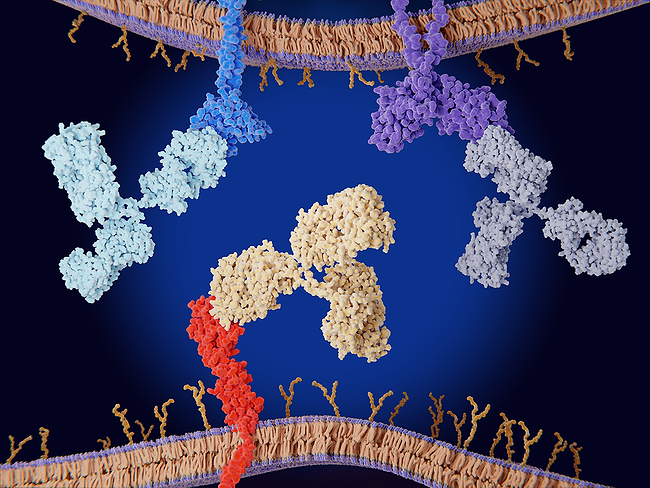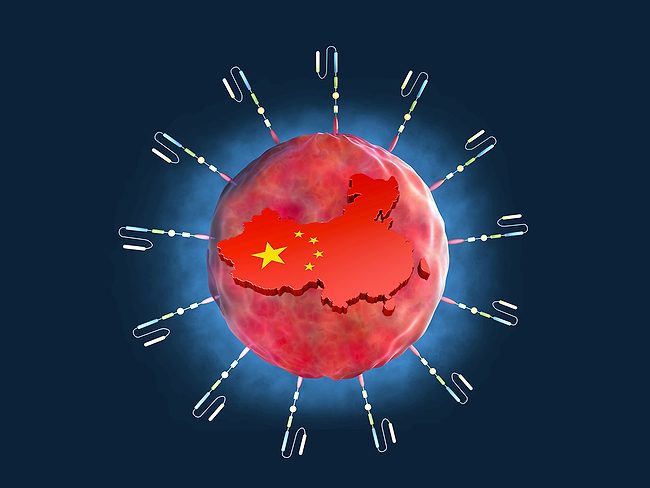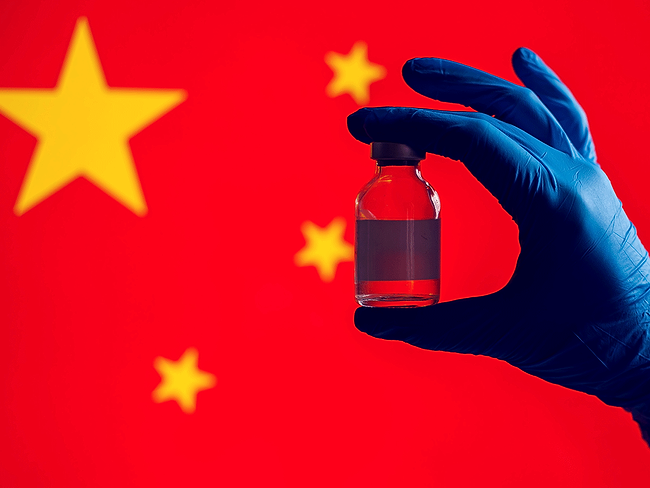
- BioWorld
- BioWorld MedTech
- BioWorld Asia
- BioWorld Science
- Data Snapshots
- Special reports
- Infographics: Dynamic digital data analysis
- Trump administration impacts
- Biopharma M&A scorecard
- BioWorld 2024 review
- BioWorld MedTech 2024 review
- BioWorld Science 2024 review
- Women's health
- China's GLP-1 landscape
- PFA re-energizes afib market
- China CAR T
- Alzheimer's disease
- Israel
- Rise of obesity
- Radiopharmaceuticals
- Biosimilars
- Aging
- IVDs on the rise
- Coronavirus
- Artificial intelligence
ARTICLES
China’s CAR T market comes of age
CAR T pipelines bloom to treat world’s largest cancer population
April 30, 2024
China’s CAR T market comes of age
China’s investigator trials accelerate competitive CAR T development
April 30, 2024
China’s CAR T market comes of age
China grapples with providing access to CAR T therapies
April 30, 2024
China’s CAR T market comes of age
China grapples with providing access to CAR T therapies
April 24, 2024
China’s CAR T market comes of age
CAR T pipelines bloom to treat world’s largest cancer population
April 23, 2024
China’s CAR T market comes of age
China’s investigator trials accelerate competitive CAR T development
April 22, 2024
- BioWorld
- BioWorld MedTech
- BioWorld Asia
- BioWorld Science
- Data Snapshots
- Special reports
- Infographics: Dynamic digital data analysis
- Trump administration impacts
- Biopharma M&A scorecard
- BioWorld 2024 review
- BioWorld MedTech 2024 review
- BioWorld Science 2024 review
- Women's health
- China's GLP-1 landscape
- PFA re-energizes afib market
- China CAR T
- Alzheimer's disease
- Israel
- Rise of obesity
- Radiopharmaceuticals
- Biosimilars
- Aging
- IVDs on the rise
- Coronavirus
- Artificial intelligence



